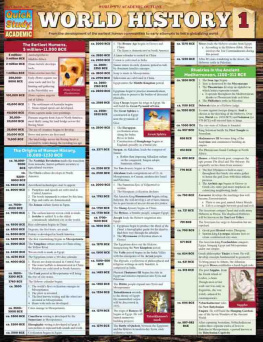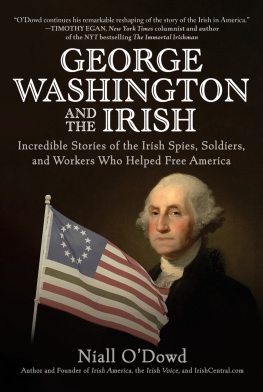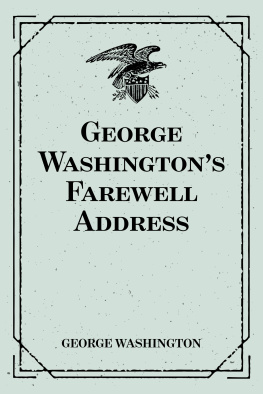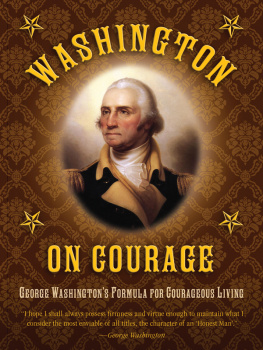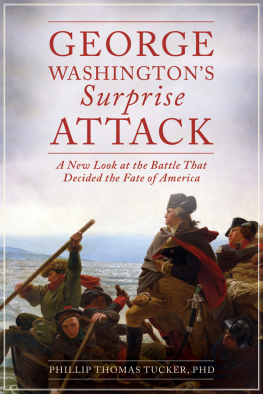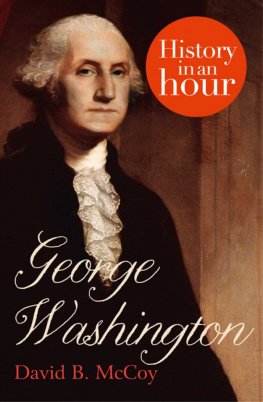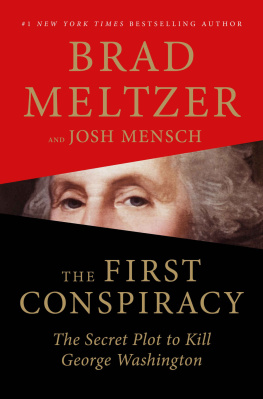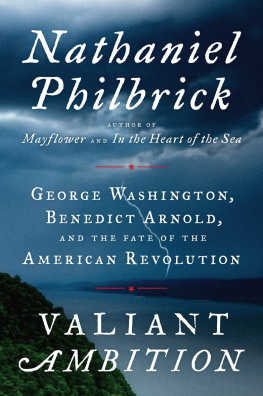David Head - A Crisis of Peace: George Washington, the Newburgh Conspiracy, and the Fate of the American Revolution
Here you can read online David Head - A Crisis of Peace: George Washington, the Newburgh Conspiracy, and the Fate of the American Revolution full text of the book (entire story) in english for free. Download pdf and epub, get meaning, cover and reviews about this ebook. year: 2019, publisher: Pegasus Books, genre: Politics. Description of the work, (preface) as well as reviews are available. Best literature library LitArk.com created for fans of good reading and offers a wide selection of genres:
Romance novel
Science fiction
Adventure
Detective
Science
History
Home and family
Prose
Art
Politics
Computer
Non-fiction
Religion
Business
Children
Humor
Choose a favorite category and find really read worthwhile books. Enjoy immersion in the world of imagination, feel the emotions of the characters or learn something new for yourself, make an fascinating discovery.

- Book:A Crisis of Peace: George Washington, the Newburgh Conspiracy, and the Fate of the American Revolution
- Author:
- Publisher:Pegasus Books
- Genre:
- Year:2019
- Rating:4 / 5
- Favourites:Add to favourites
- Your mark:
- 80
- 1
- 2
- 3
- 4
- 5
A Crisis of Peace: George Washington, the Newburgh Conspiracy, and the Fate of the American Revolution: summary, description and annotation
We offer to read an annotation, description, summary or preface (depends on what the author of the book "A Crisis of Peace: George Washington, the Newburgh Conspiracy, and the Fate of the American Revolution" wrote himself). If you haven't found the necessary information about the book — write in the comments, we will try to find it.
David Head: author's other books
Who wrote A Crisis of Peace: George Washington, the Newburgh Conspiracy, and the Fate of the American Revolution? Find out the surname, the name of the author of the book and a list of all author's works by series.
A Crisis of Peace: George Washington, the Newburgh Conspiracy, and the Fate of the American Revolution — read online for free the complete book (whole text) full work
Below is the text of the book, divided by pages. System saving the place of the last page read, allows you to conveniently read the book "A Crisis of Peace: George Washington, the Newburgh Conspiracy, and the Fate of the American Revolution" online for free, without having to search again every time where you left off. Put a bookmark, and you can go to the page where you finished reading at any time.
Font size:
Interval:
Bookmark:
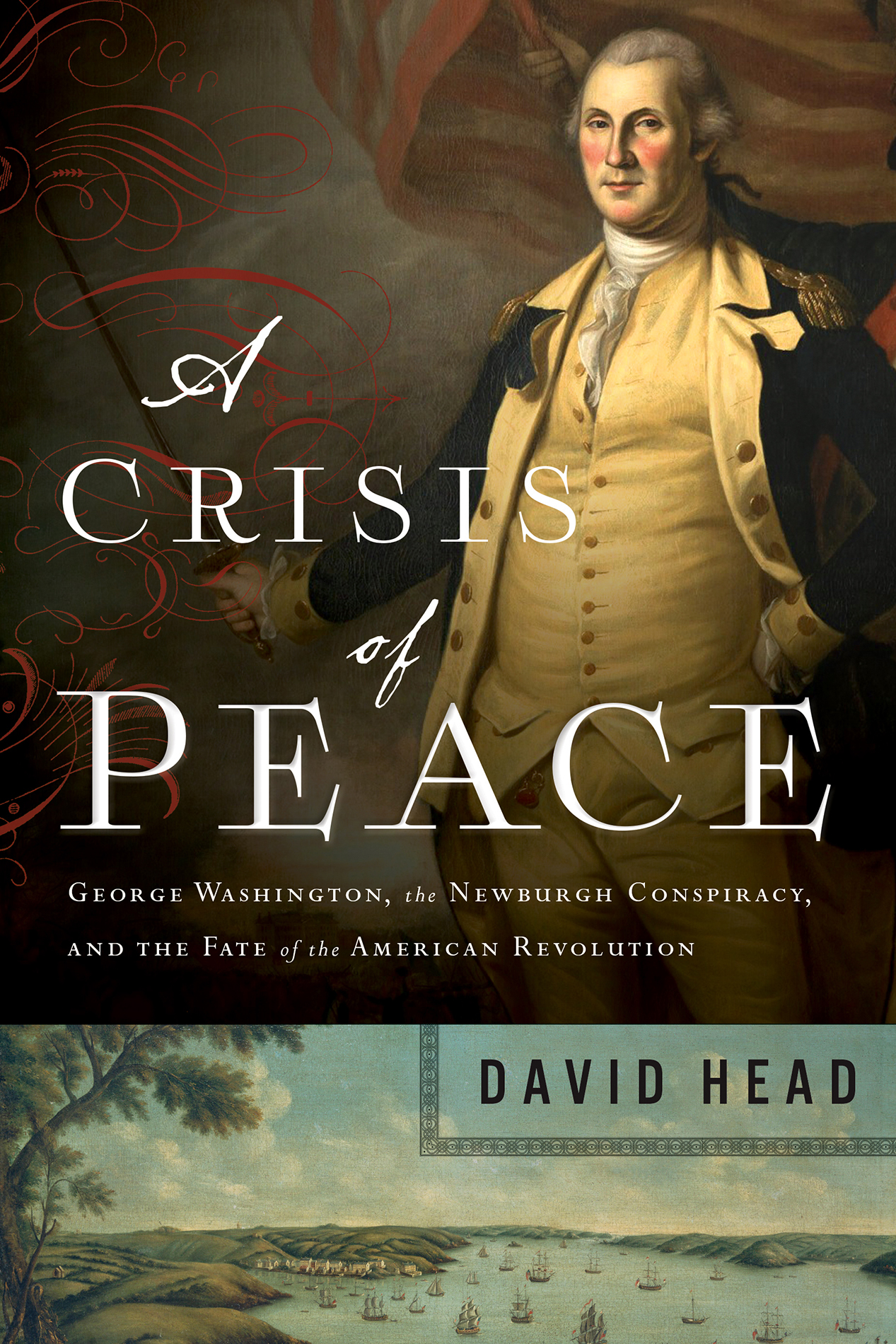
DAVID HEAD

For Andrea, Carolina, Camila, and Andrew.
Writers of the 18th century were wonderfully idiosyncratic in things we now consider standard, like spelling, capitalization, and punctuation. To reveal something of an authors personality and education as well as the circumstances of composition, quoted materials reproduce the originals exactlystrange spellings and allwith only a few silent corrections for clarity.
On a cold morning in March 1783, the officers of the Continental Army read a letter that was circulating through their cantonment along the Hudson River. The officers considered the letters call to do something soldiers werent supposed to do: meet to discuss how to send an ultimatum to the civilian authorities in Congress.
Some 10,000 soldiers, the bulk of the Continental Army, stood duty in the region known as the Hudson Highlands, a strategically vital area overlooking the spot where the river narrowed. Most of the men lived in log huts constructed in the farmland to the west of New Windsor, nestled among places with such appealing names as Snake Hill and Murderers Creek. A dozen miles south, a garrison guarded the fort at West Point, while other units were scattered another dozen miles beyond at Stony Point and Verplancks Point. The commander in chief, General George Washington, was headquartered in a Dutch-style stone house along the river in Newburgh, two miles north from the main body of his men. The American victory at Yorktown in October 1781 had bloodied the enemy and driven the British ministry to the bargaining table, but British forces in North America remained formidable, above all in New York City. If the British decided to renew the war and resurrect their old strategy of dividing the colonies along the Hudson, the American army was nearby.
The Highlands was also a place of sylvan solitude, conducive to contemplating life, and as the days slipped by and the drudgery of winter quarters dragged on for the eighth time in the war, the officers thoughts turned to all they had sacrificed and the scant rewards they had enjoyed for it.
For eight years, the army was paid sporadically, and when it was, compensation was delivered in a mess of notes, certificates, and cash that had so depreciated that it was nearly worthless. In the wake of mass resignations and the treachery of Benedict Arnold in 1780, the officers had forced Congress to promise them pensions, but the treasury was emptyworse than empty: the nation was deeply in debt and the only way out, new taxes, was deeply unpopular.
When the officers looked outside their ranks, they saw greedy civilians snug by their firesides. Civilian government employees were paid reliably, while soldiers hunkered down in the snow. The officers believed in the cause. They believed in independence. They believed in republican government and creating the world anew. But they also saw themselves as gentlemen, and gentlemen needed to live a certain lifestyle, surrounded by certain fine things, to display their status. For the men with families, serving during the prime of life had taken away their chance to earn a genteel living and impoverished those who depended on them. For younger men, devotion to the army had delayed family formation and the entrance into full adulthood. An officers title might help their prospects, but if a captain, major, or colonel proved penniless who would want him?
The officers felt ignored and even suspected. Many civilians looked askance at themand felt justified in their misgivings. The army were liberators, yes, but the republican ideology of the 18th-century Anglo-American world taught that a professional army was a favorite tool of the tyrant. Pensions were another. Pensions preferred some men to others, and made them dependent on government largesse taken by taxing the virtuous. Marry the two, and for many Americans, alarm bells sounded.
None of the officers complaints were new. Earlier in the revolution, the urgency of the war had overcome the worst of the mutual suspicions harbored by soldiers and citizens. But as 1782 turned to 1783, treaty negotiations, long stalled by British domestic politics and the entanglements of the Franco-American alliance, moved forward. It was only a matter of time before peace was brokered and the people decided to break up the army, with or without a final financial settlement.
Sensing time was not on their side, in December 1782 the officers sent a delegation to Philadelphia with a memorial to Congress documenting their hardships and asking for a speedy resolution to their claims for justice. As the delegation lobbied Congress in January and February 1783, they sent news back to the army with a taste of encouragementmost congressmen were sympathetic to the armys plightmixed with a heaping lump of delays, obfuscations, and the excuses that had long embittered Congresss relationship with the army.
By March, patience wore thin. When the anonymous letter appeared, the officers passed it around, distracted from the morning routine by its flashing rhetoric. The letters author, whoever he might be, knifed into each of the officers sore points.
Announcing himself a fellow soldier whose interests and affections bind him strongly to you, the anonymous author declared himself disabused of his faith in Congress. Nothing would come from their memorial. It was nave to expect otherwise. He saluted his fellow officers as the deliverers of the republic. Yes, my friends, that suffering Courage of yours, was active once, it has conducted the United States of America, thro a doubtfull and a bloody war, he wrote. It has placed her in the Chair of Independency. But to what end? For the benefit of the country and its people? Or is it rather a Country that tramples upon your rights, disdains your Cries& insults your distresses?
Though unknown at the time, the letter was the work of Major John Armstrong, Jr., a twenty-four-year-old aide-de-camp to General Horatio Gates, a one-time rival to Washington whod once hoped to parlay his victory at the Battle of Saratoga into overall command of the war. Armstrong was one of several young staff officers living at a New Windsor house that served as Gatess headquarters, and together with his friends, he composed the letter on the night of March 9 and prepared copies for distribution.
Warming to his theme, Armstrong raised a vital question: what should the officers do? Send a new message to Congress, he answered, no longer asking but demanding, and making clear the consequences of more delays. Carry your appeal from the Justice to the fears of government, he implored. Change the Milk & Water stile of your last Memorialassume a bolder Tone, decent, but lively, spirited, and determined. By meeting the following day, they could choose two or three Men, who can feel as well as write to tell their civilian leaders that this was their last chance, that the slightest mark of indignity from Congress now, must operate like the Grave, and part you forever. Armstrong concluded by reminding the officers of their options. If peace came, they didnt have to comply. They could refuse to disband. If the war continued, they didnt have to fight. They could leave the country to fend for itself.
Font size:
Interval:
Bookmark:
Similar books «A Crisis of Peace: George Washington, the Newburgh Conspiracy, and the Fate of the American Revolution»
Look at similar books to A Crisis of Peace: George Washington, the Newburgh Conspiracy, and the Fate of the American Revolution. We have selected literature similar in name and meaning in the hope of providing readers with more options to find new, interesting, not yet read works.
Discussion, reviews of the book A Crisis of Peace: George Washington, the Newburgh Conspiracy, and the Fate of the American Revolution and just readers' own opinions. Leave your comments, write what you think about the work, its meaning or the main characters. Specify what exactly you liked and what you didn't like, and why you think so.

